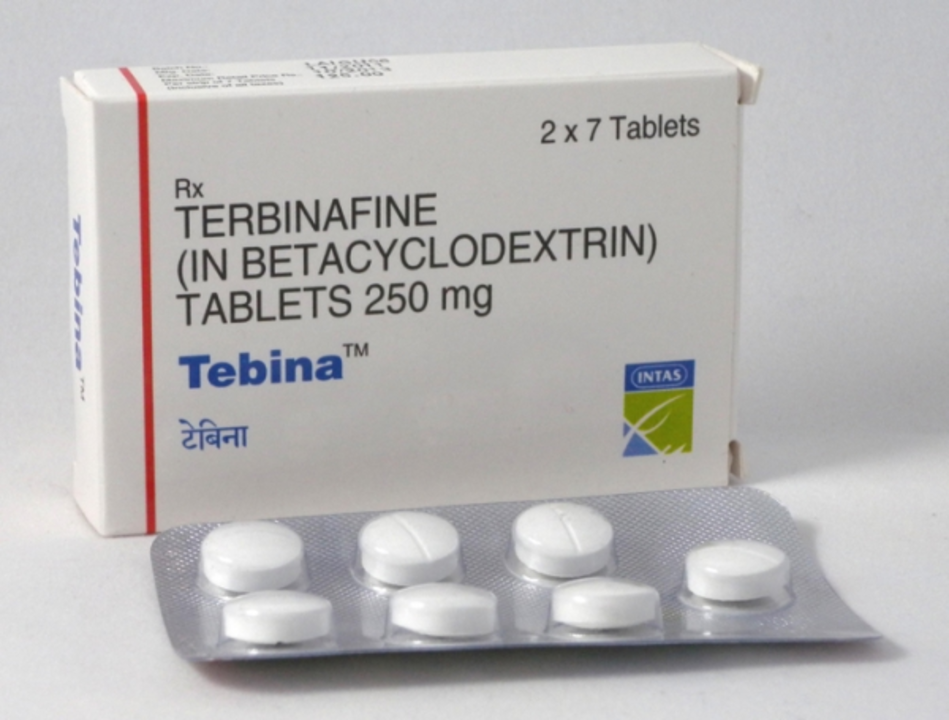Antifungal Medication: What You Need to Know
If you’ve ever dealt with athlete’s foot, a yeast infection, or a stubborn nail problem, you know how annoying fungal infections can be. The good news is that modern antifungal medication can clear most of these up quickly—if you pick the right one and use it correctly.
Common Fungal Infections and How They Show Up
Fungi love warm, damp places, so they often start on your feet, skin folds, or under a nail. Athlete’s foot feels itchy and scaly; ringworm creates round, red patches that may spread; yeast infections cause burning and discharge in moist areas; and onychomycosis (nail fungus) makes nails thicken and turn yellow.
The first step is spotting the symptoms early. A quick look in a mirror or a brief check of your feet after showering can catch the problem before it spreads. If you’re unsure, a pharmacist can often tell whether it’s fungal or bacterial—just describe what you see.
Prescription vs. Over‑the‑Counter Antifungals
OTC creams and sprays (like clotrimazole or terbinafine) work well for mild skin infections and are easy to grab at any pharmacy. Apply a thin layer twice daily, keep the area clean, and finish the course even if it looks better after a few days.
When the infection goes deeper—think nail fungus or widespread ringworm—you’ll usually need a prescription. Oral antifungals such as fluconazole, itraconazole, or terbinafine tablets reach the fungus through your bloodstream and clear infections that topicals can’t touch.
Prescription meds are stronger but also come with more potential side effects (like liver strain), so a doctor will likely order a blood test before starting a long course. Always follow their dosing schedule; missing doses can let the fungus bounce back.
How to Choose and Use Antifungal Medication Safely
Here’s a quick checklist before you buy or fill an antifungal:
- Identify the infection type. Skin, nail, or systemic? The location decides which drug works best.
- Check if it needs a prescription. If your pharmacy staff suggests a doctor’s note, don’t skip it.
- Read the label for duration. Most creams need 2‑4 weeks; oral meds can run 6‑12 weeks.
- Watch for interactions. Antifungals can mix poorly with certain heart or cholesterol drugs, so tell your doctor about every medication you take.
- Store properly. Keep creams in a cool, dry place and seal tablets away from moisture.
If you’re buying online, stick to reputable pharmacies that require a prescription and show clear contact info. Avoid sites that promise “no prescription needed” for strong oral antifungals—those are often scams or unsafe products.
When to See a Doctor
Don’t wait if you notice any of these signs:
- The rash spreads rapidly or gets painful.
- You have fever, swelling, or drainage from the infected area.
- Nail fungus doesn’t improve after a month of OTC treatment.
- You have a weakened immune system (diabetes, HIV, chemotherapy).
A quick visit can prevent a simple infection from becoming a chronic problem. Doctors may take a skin scraping or nail clipping to confirm the fungus and pick the most effective drug.
Bottom Line: Treat Fast, Finish Strong
The fastest way to beat a fungal infection is spotting it early, picking the right medication (OTC for mild cases, prescription for deeper ones), and sticking to the full treatment plan. Keep your feet dry, change socks regularly, and avoid sharing personal items like towels to stop fungi from coming back.
Got more questions? Your local pharmacist or a quick chat with a doctor can clear up doubts about dosage, side effects, or which product fits your lifestyle best. Stay informed, stay healthy, and don’t let fungus win.


